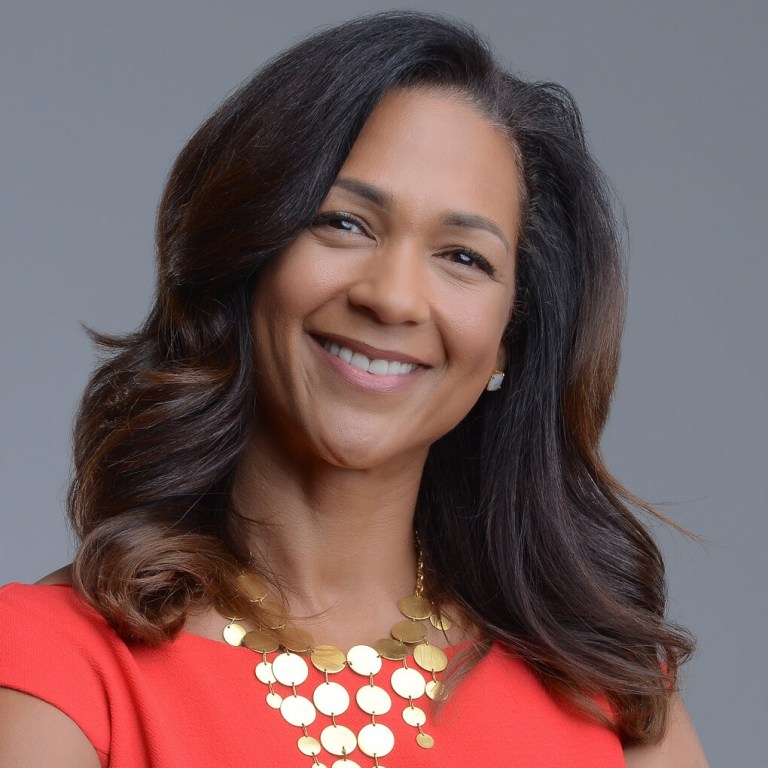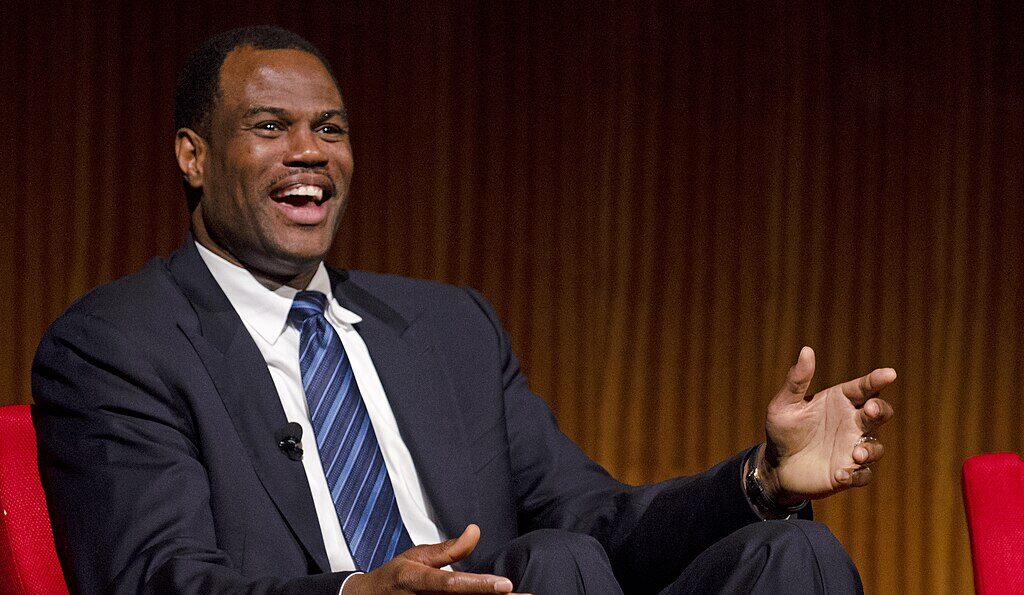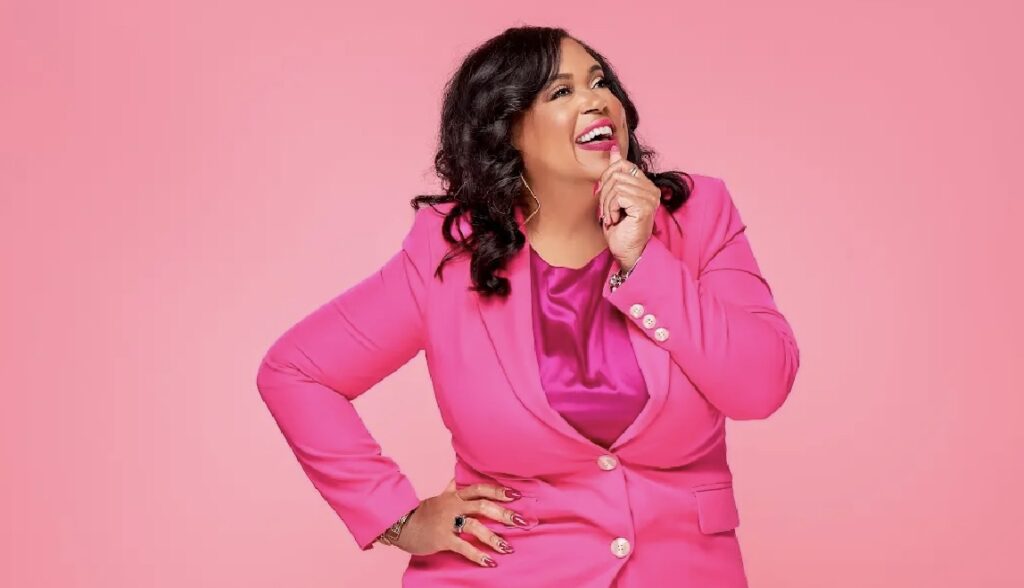Editor’s note: The following article is an op-ed, and the views expressed are the author’s own. Read more opinions on theGrio.
The venue — the Javits Convention Center — was chosen carefully and strategically, as much for its large glass ceiling as for its capacity. It would be beautifully symbolic, the campaign assumed, to have Hillary Clinton, our newly elected first woman president, give her acceptance speech under that glass dome while celebrating that we’d finally broken that highest, hardest glass ceiling for women in America.
It didn’t pan out like that, of course. This is one of the reasons Kamala Harris has deliberately shied away from leaning into her own “historic” candidacy. Some people don’t like to be reminded that a vote for Harris would be a vote for the first Black and Indian woman president; perhaps they’d rather argue they’re pulling the lever because of her economic policies or something less about her. But as we enter the final days of the campaign, to increase the support and turnout of her base, Harris must lean into her identity.
She the People, in partnership with 2040 Strategy Group, conducted a poll — one of the only polls focused on women of color this election cycle — that dove deep to understand how women of color view Harris and where last-minute votes lie. The trend line is positive, with Black women over age 40 reaching historically high levels of support. But many women of color — particularly Asian American and Latina women — still don’t know Harris well enough to check her name on their ballot.
To solidify their support, the poll found, Harris must explicitly discuss her identity, a marked shift in strategy. Telling respondents that she is a Black woman increased support by more than a net 10 percentage points. Even reminding voters that Harris would become the first woman president of the United States makes waves. The lesson? Messages about identity work — and they may actually be needed, with just weeks to go until Election Day.
Harris can expand her voter base further by talking to women of color about their key issues. Latina women (11% undecided) favor conversations about the economy, gun violence and immigration. Asian American women, the group most likely to remain undecided (23%), also want Harris to discuss gun violence and immigration — but abortion, too. The poll demonstrated a 20% increase in support from undecided voters with a clear message that supports abortion rights.
It would be a pivotal shift for Harris to start messaging on her identity, and it could be seen as a risky strategy for some Democrats who fear a repeat of 2016. Clinton’s loss caused the course correction that we see now in Harris’ campaign. But we may have over-learned our lesson. Using 2016 logic on a 2024 race means Harris, ironically, may not be maximizing the core base she needs to win.
Recommended Stories
Women of color have never been one to let fear rule the quest for progress. That’s why Harris and Democrats can’t start letting fear rule now.
For years, women of color served as the unacknowledged base of the Democratic Party, its most reliable supporters who influenced their families and communities to vote blue. But in 2020, the party and media finally recognized the vital role women of color have long played in Democratic politics, acknowledging that it was us who delivered the White House for Biden. And now, in 2024, we’ve brought that same energy to deliver it for Kamala Harris. We have the power to be force multipliers; this was shown in our poll which demonstrated that building connections between women — i.e. what’s good for me is good for all — may boost support for women of color-led politics generally and for Harris as a candidate. That’s why women of color can not only offer our support, but turn out our grandmas, kids, sisters, and friends to get out and vote as well.
The win is within grasp; we can feel it at our fingertips; that cracked glass ceiling is even closer to cracking. But women of color’s support isn’t a given; it must be earned. To earn that support, Harris must lean back into her identity in the final stretch to Election Day.
There is still time to get Harris over the finish line, but time is running out. By emphasizing what might have been feared in the past, we will guarantee progress for the future.

Aimee Allison is a writer, democratic innovator and visionary champion of racial and gender justice. She is the founder and president of She the People, a national organization building power for women of color to lead America to a new political era.





